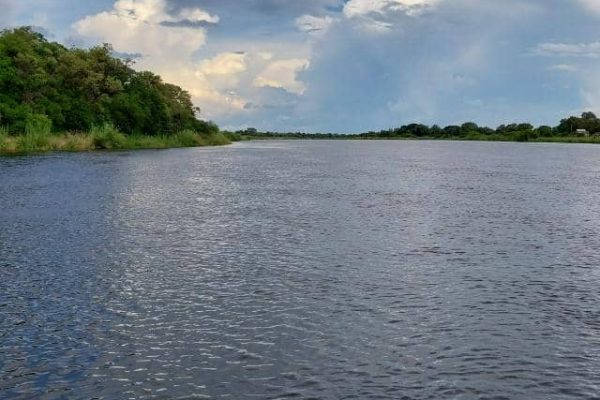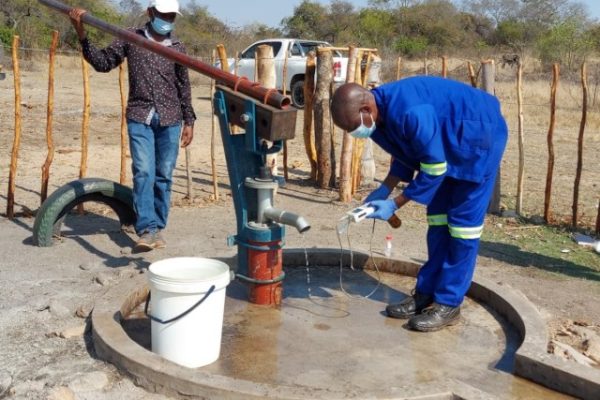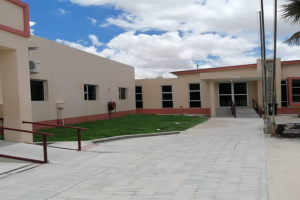
By: Mathias Hangala
The rainy season is upon us once again, and judging by early indications, we are likely to receive good rainfall this year.
However, despite this positive outlook, there appears to be little to no preparation for water harvesting—water that could be used productively for irrigation and food production across the nation.
As a result, when heavy rains fall, much of the water will simply be allowed to flow away.
Our dams often reach full capacity and then are opened to release excess water, a situation sometimes considered hazardous as this water is put to waste in a semi-arid country such as Namibia.
This recurring scenario contributes to our inability to produce enough food locally, forcing us to rely on imports despite the fact that many regions in our country have fertile land suitable for agriculture.
Across the country, countless families depend on drought-relief food aid, the Food Bank, and cash-for-work programmes.
Yet, by investing in rainwater harvesting and irrigation infrastructure, we could empower communities to grow their own food and reduce this dependency.
Such initiatives would create employment opportunities, stimulate local economies, and lessen the burden on government support systems.
If the country invests seriously in agricultural development, productivity will increase, boosting our Gross Domestic Product (GDP) through both local production and exports. This would help alleviate poverty and reduce unemployment.
To achieve this, we must design effective water-harvesting systems and implement well-planned irrigation projects. These efforts would also help us better manage inflation by strengthening food security.
During one of our phone-in segments on The Twilight radio programme on Eagle FM, a caller shared similar concerns.
He highlighted the plight of farm workers, whom he feels are among the most neglected workers in the country.
“Farm workers have been crying for years, but no one answers. Every day they call the radio stations saying they are suffering in places like Omaruru, Outjo, and Gobabis. But I never hear the Ministry of Labour saying anything about farm and domestic workers. Are they not included in the country’s labour protections?” he queried.
Strengthening agriculture and addressing the challenges faced by farm workers would not only improve livelihoods, but also help position Namibia on the international stage as a competitive agricultural producer.
With the right policies and investments, our products could reach global markets, allowing us to become exporters, not just consumers.









